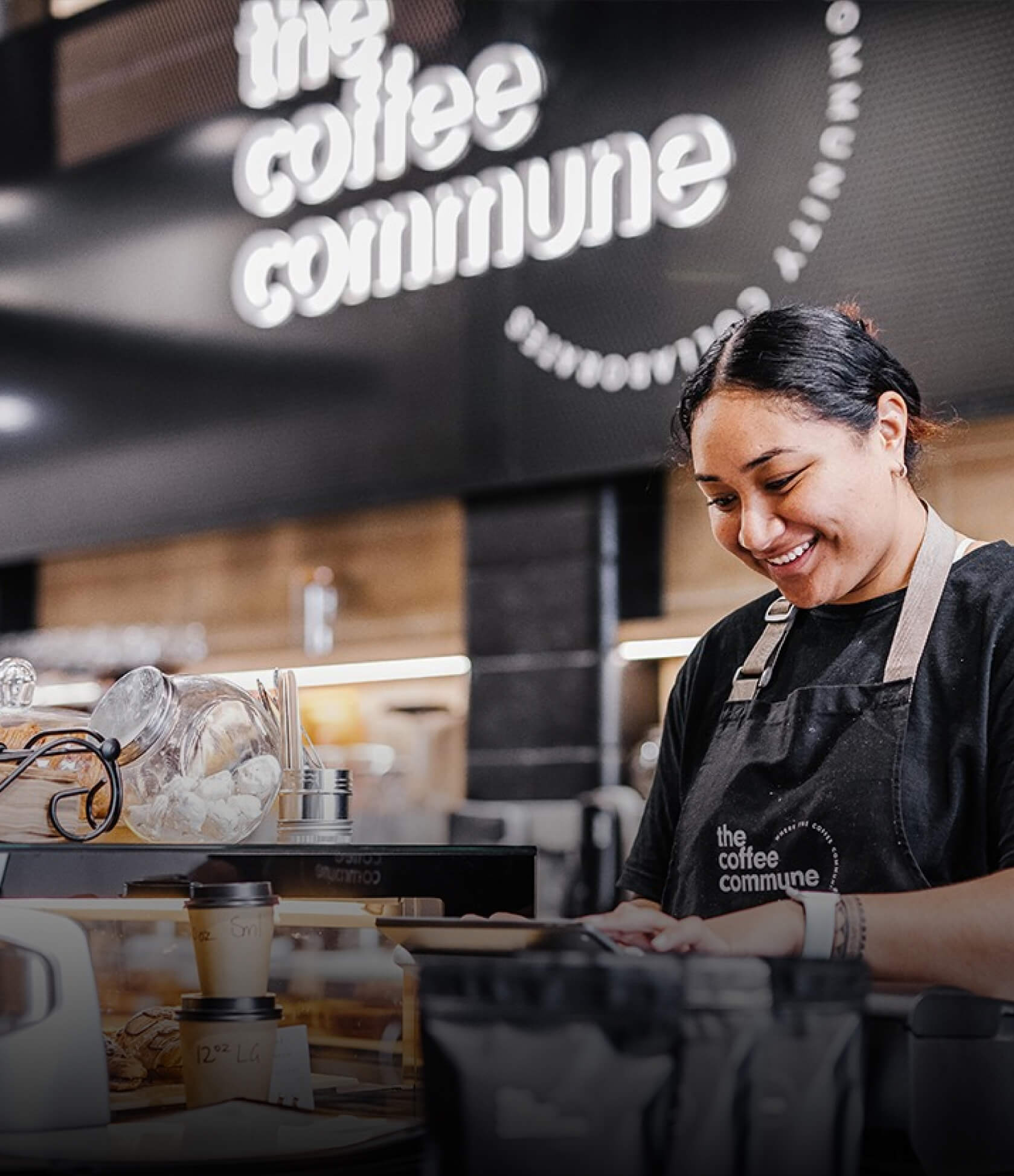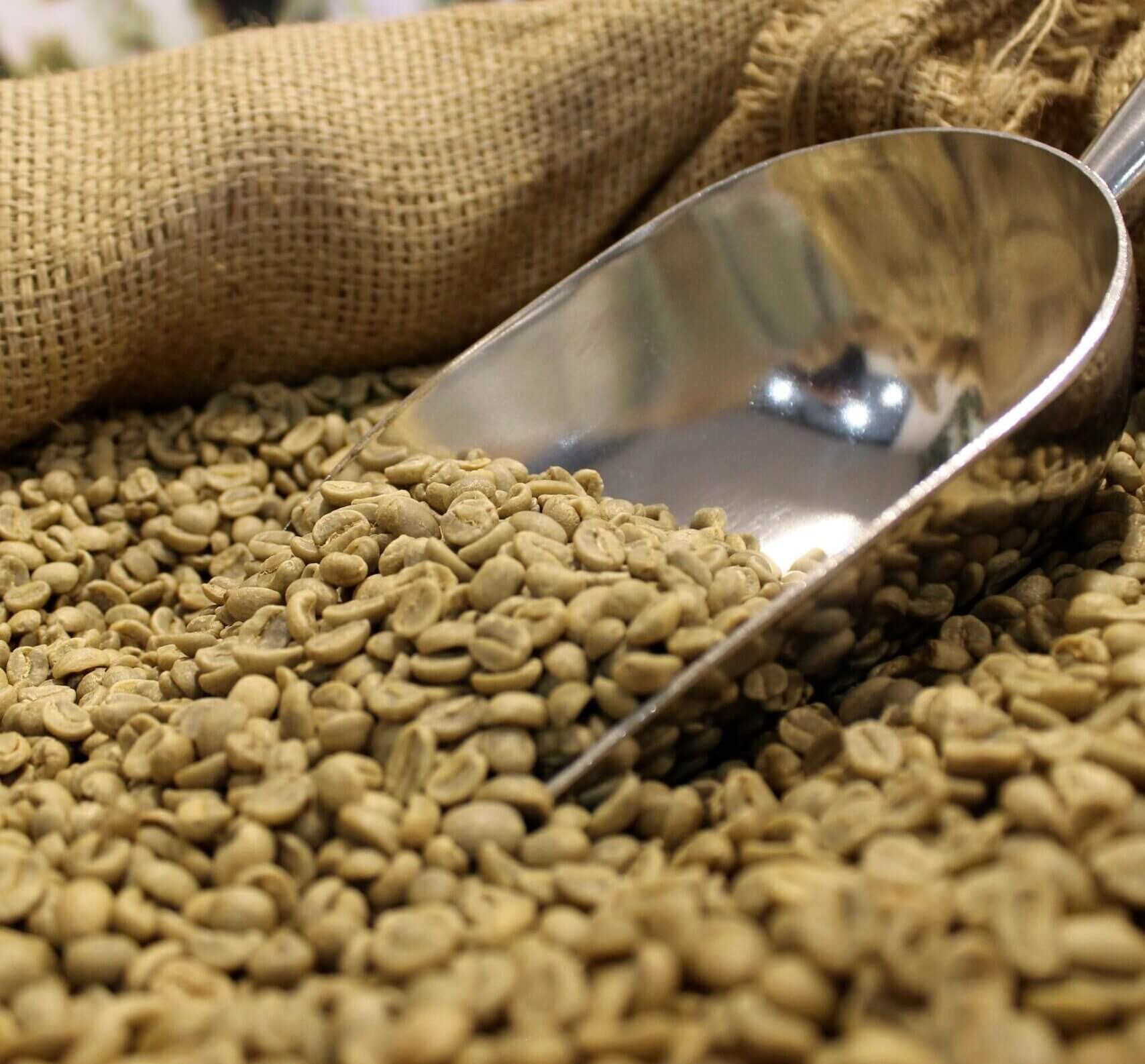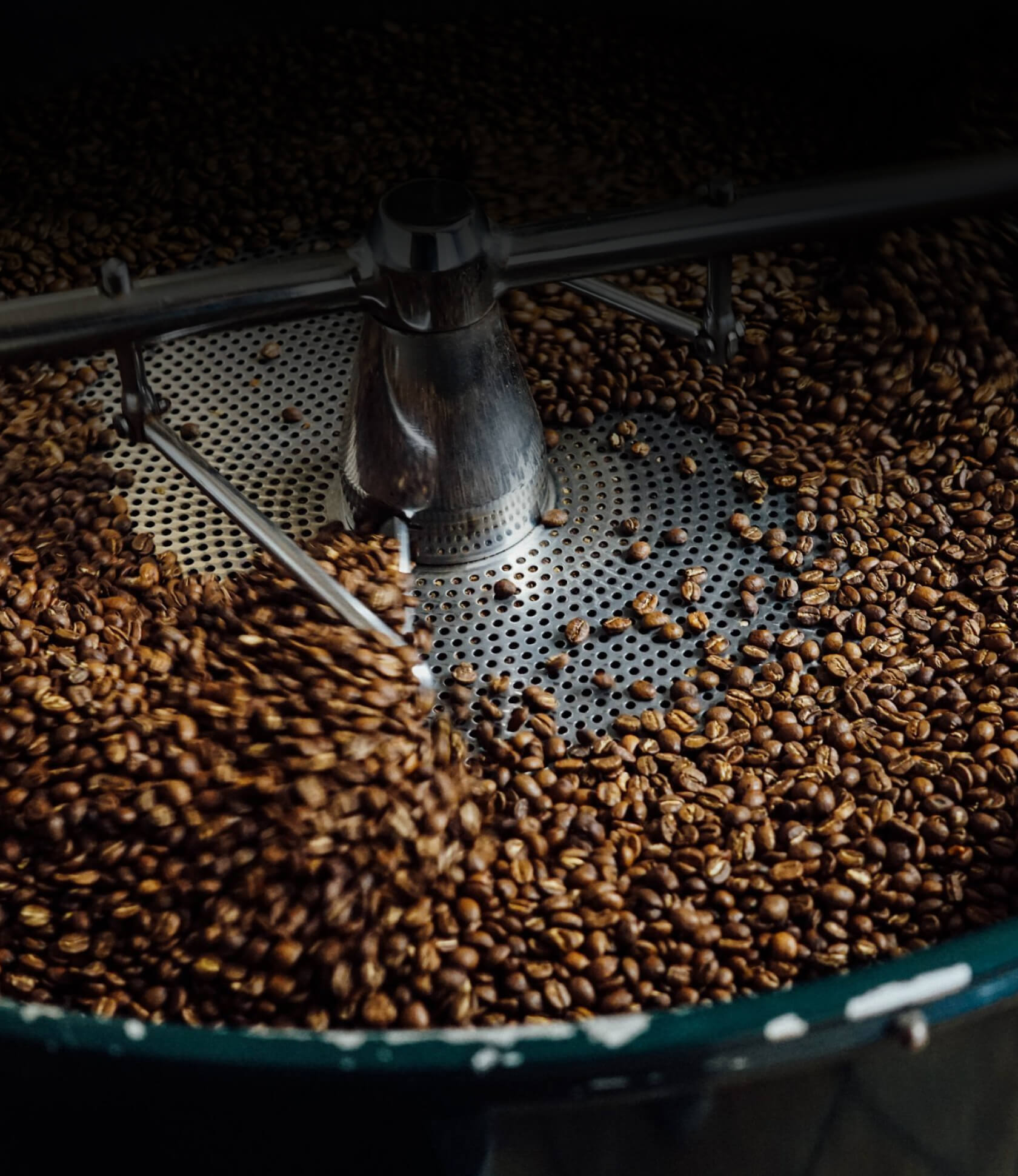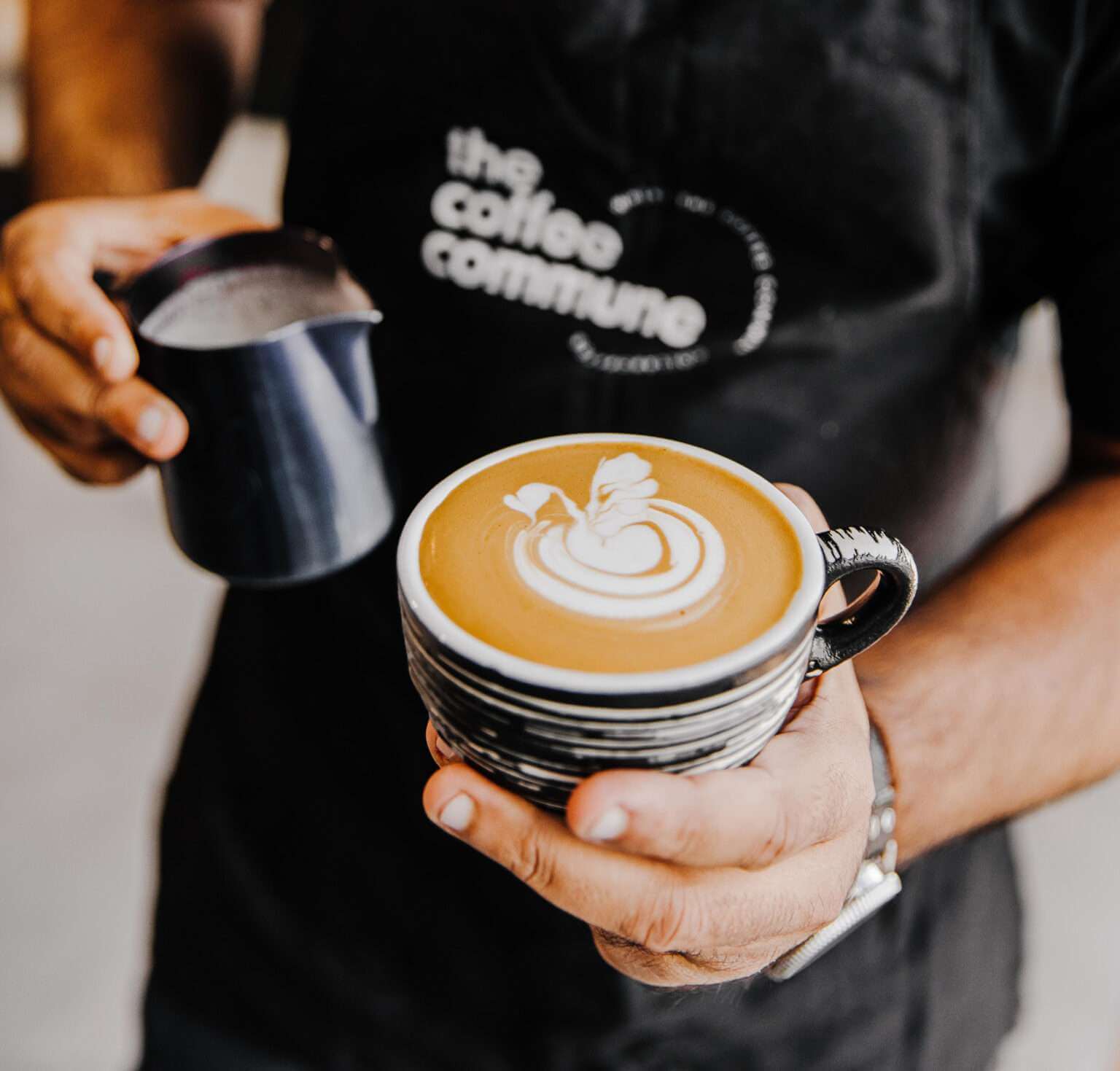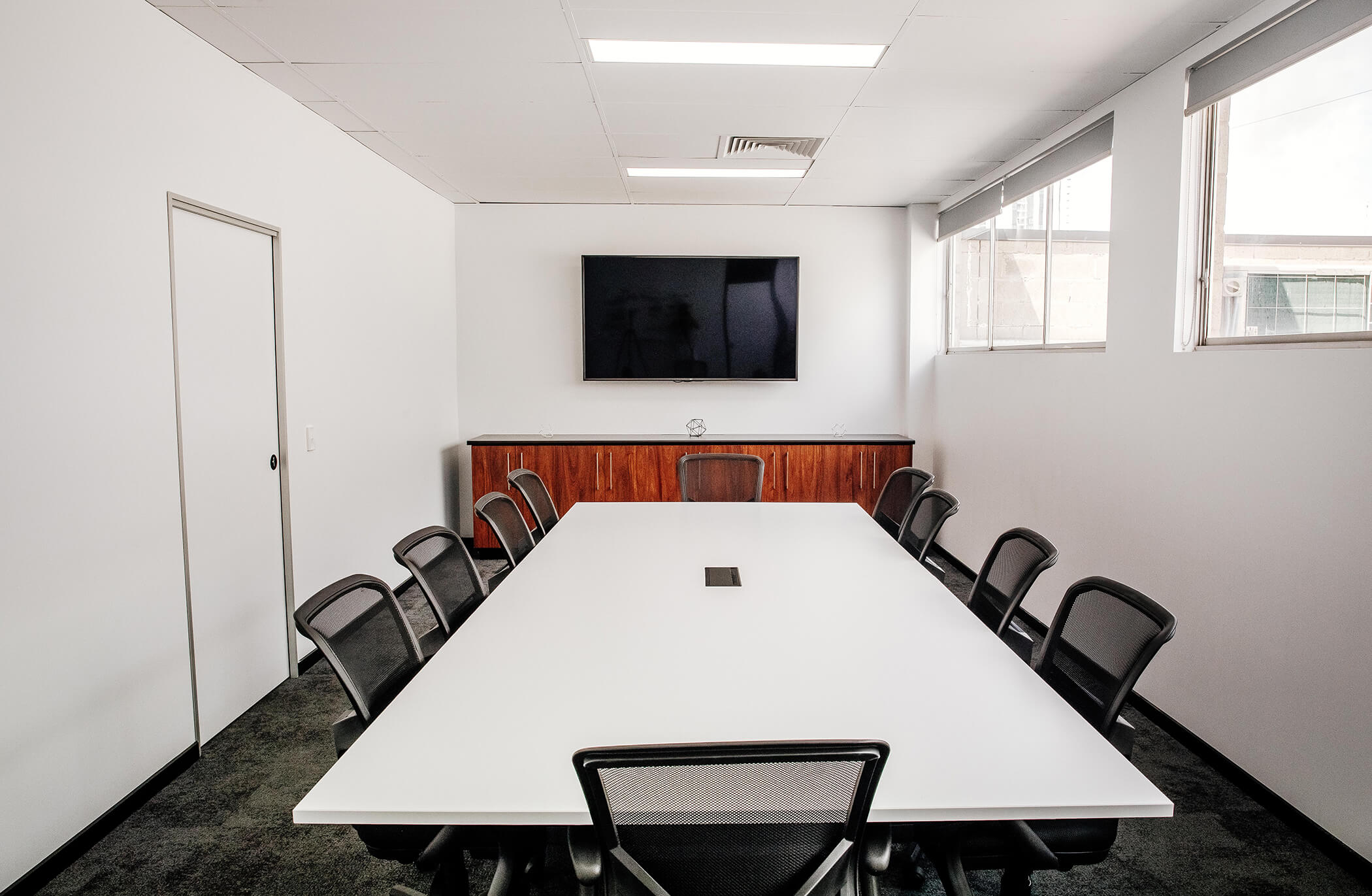Eggs benny economics: What does it really cost for a cafe to serve you each day?
Jeez, that coffee was expensive.”
“How can they charge that much for bacon and eggs?”
“It’s absurd that we just paid that price. That cafe must be making a fortune.”
If those thoughts have ever crossed your mind when going out for breakfast or paying for your morning brew, take a few minutes out of your day to read these reasons why. (Spoiler alert: it’s more than just the coffee itself.)
How much money does a cafe actually make?
If you think cafe owners are skimming the profits from a 90-cent cup of coffee charged at $4.50, think again.
“There is a common assumption from people that cafes are extremely profitable businesses. That whatever goes in the till is what cafe owners are making,” says Phillip Di Bella, industry expert and founder of The Coffee Commune. “But that is just not the case.”
As a general rule of thumb, Phillip says when running a cafe you want to be sitting at around 35% wage cost, 25% food cost, 5% utilities, 10% rent and 5% contingency. The remaining 20% is your net profit, which is “what most cafes in the early 2000s were bringing in”.
However, these days he says a good operator is lucky to be making a net profit 7%-10%. “And that’s if they’re working hard in the business.”
The rising cost of the cafe industry
So what has changed over the past 10-15 years? Owners are struggling to stay within these margins, with rising costs slowly killing off profits.
“Utilities such as gas and electricity have gone up. Rents have stabilised and in some cases come down. But consumer food costs have not gone up. The price of a dozen eggs is still the same, a loaf of bread, a litre of milk – these are all cafe staples that have not changed. They are the same price now as what they were five years ago. But the cost for those suppliers have. Not only is the cafe making less money, suppliers are making less money. ”
Darren McGillivray, owner of Alta Cafe in Brisbane’s CBD says over the last 10–15 years cafe costs have become problematic and unmanageable.
“Coffee prices in 15 years have only increased from $4 to $4.50. But wages and compounding super go up 2%–3% each year. All utilities have gone up 100% and all government regulated costs (council fees, insurances etc) have increased.
“Our rent has increased 3%–4% every year, and can only be negotiated at a market review every five years. By the time the market review comes around, the rent is already outside of our rent-to-sales ratio. And if you are trading well, the rent usually increases,” says Darren.
The COVID-19 pandemic has also had an impact, with Brazilian coffee farmers slowing down prod
uction to drive up the price of raw green beans.
But Phillip says it’s labour costs that make up the largest portion of expenses.
“Staffing is the biggest cost base for a small hospitality business,” says Phillip. “When you look at the cost of hiring and training staff, in comparison to what people can charge for a cup of coffee, it’s really difficult for the industry to stay profitable.”
While wages used to be 30%-35% of turnover, they’re currently at around 40% of turnover or higher.
“Wages keep going up and up. When you introduce things like time and a half on weekends, which are normal hospitality hours, then you’ve got dishwashers who are earning $35–$40 an hour. That’s a big reason why profit margins are so bad now.”
And in some cases, coffee is a losing proposition for owners altogether.
“A coffee is priced at $4.50. Let’s say it takes roughly 10 minutes for the barista to take the order, pull a shot of espresso, steam and pour the milk, allowing for any special requests from the customer, all the while entertaining them with company and conversation. If you are paying weekend rates, those 10 minutes of wages are costing you $5.68, higher than the cost of the coffee itself. And that’s before you take into account rent and operational overheads,” says Darren.
Penalty rates mean higher prices
Penalty rates were first introduced when the average hospitality wage was around $8-$10 per hour. Today, minimum wages sit at about $26 an hour. And while he agrees with allowances for late nights, Phillip says week end penalty rates are no longer needed.
“It’s another example of good intentions but poor execution. The system hasn’t evolved and penalty rates need reform.”
But Phillip says this is not about lowering wages.
“This is about the cost percentage of wages in comparison to what we can charge for products. If we pay workers penalty rates on weekends, then people must be prepared to pay more for a meal or a flat white.
“If you look at the cost of coffee and a plate of bacon and eggs, these haven’t increased in line with penalty rates. If you’re going to push heavily for them, you’re going to have to be prepared to pay more.”
Darren agrees and says not enough people are aware of the correlation between paying workers more wages and cafes charging more on weekends.
“It’s the same people who believe workers should be paid more, but don’t want to pay any more for their cup of coffee. It is unsustainable to increase super and wages contemporaneously and on a compounding formula.”
What consumers can do to support the coffee industry
The simplest answer is to support your local cafe if they increase their menu prices.
“It’s not that we want to charge more money – but the market needs to allow us to do so in order to meet our costs,” says Darren.
Phillip says all cafe owners have the right to make profit. “But restoring it requires a bit of understanding from customers. Understand why people are closing on public holidays. Understand why you can’t get breakfast at your favourite place on a holiday, because the margins aren’t there. Often these venues are barely covering costs and people need to know it. You wouldn’t turn up to work to make no money, so why should they?”
He adds, “If you can, order a second coffee. Through economies of scale, the second cup of coffee is cheaper for the owner, so if you are sitting down for an hour, using their space and enjoying their wifi, order that second cup.”
If you are a coffee lover who loves to visit local coffee shops and try fancy new brews on the weekend, ask yourself if you are willing to pay adequately for it.
And while some coffee drinkers might still obsess over the value for money in their next cup, perhaps the real question we should all be asking ourselves is: “Why is coffee so cheap?”
If you like this article and found it useful, please share it via the buttons below.
Are you a coffee enthusiast looking to join a community of coffee lovers? Do you work in the cafe and hospitality industry and are looking to accelerate your potential? Learn more about The Coffee Commune and become a member today.
